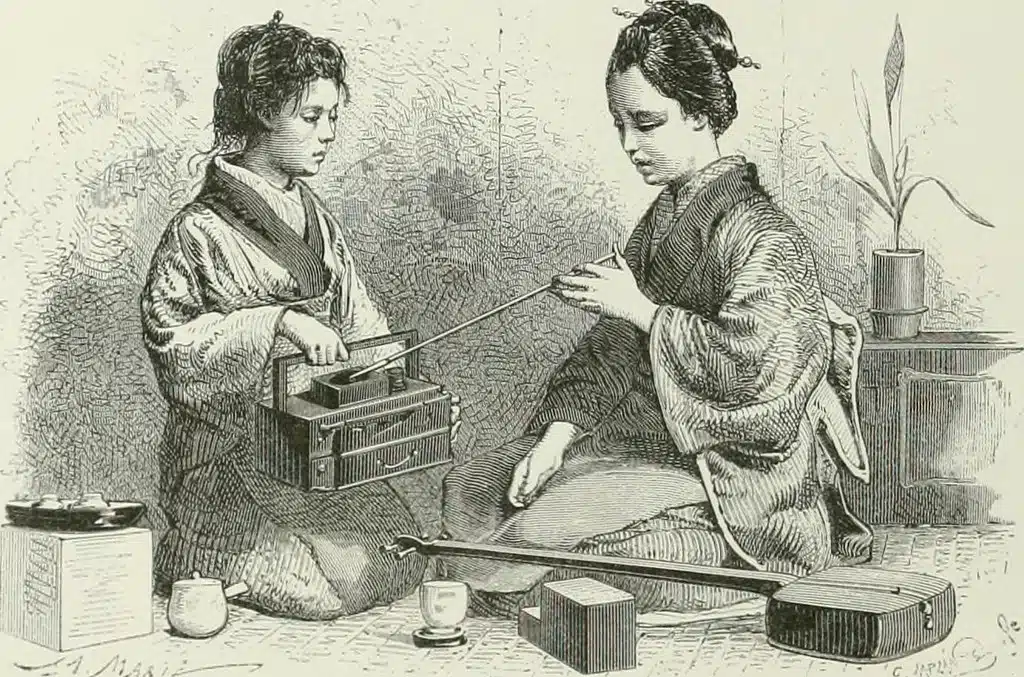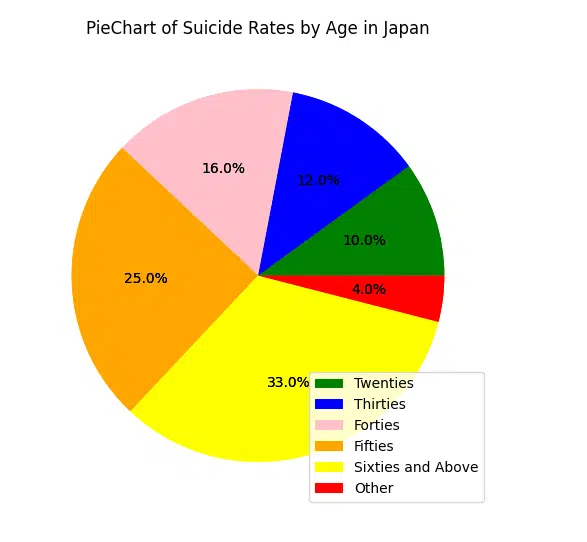Posted inQuestion about Japan
What is most common job in Japan?
This article provides an overview of the job market in Japan, exploring the top sectors of employment and discussing some of the most popular jobs available. It also outlines salary expectations for common jobs in Japan, as well as challenges facing the job market such as labor shortages due to an aging population. Finally, it provides resources and further reading to help those looking for employment in Japan.









